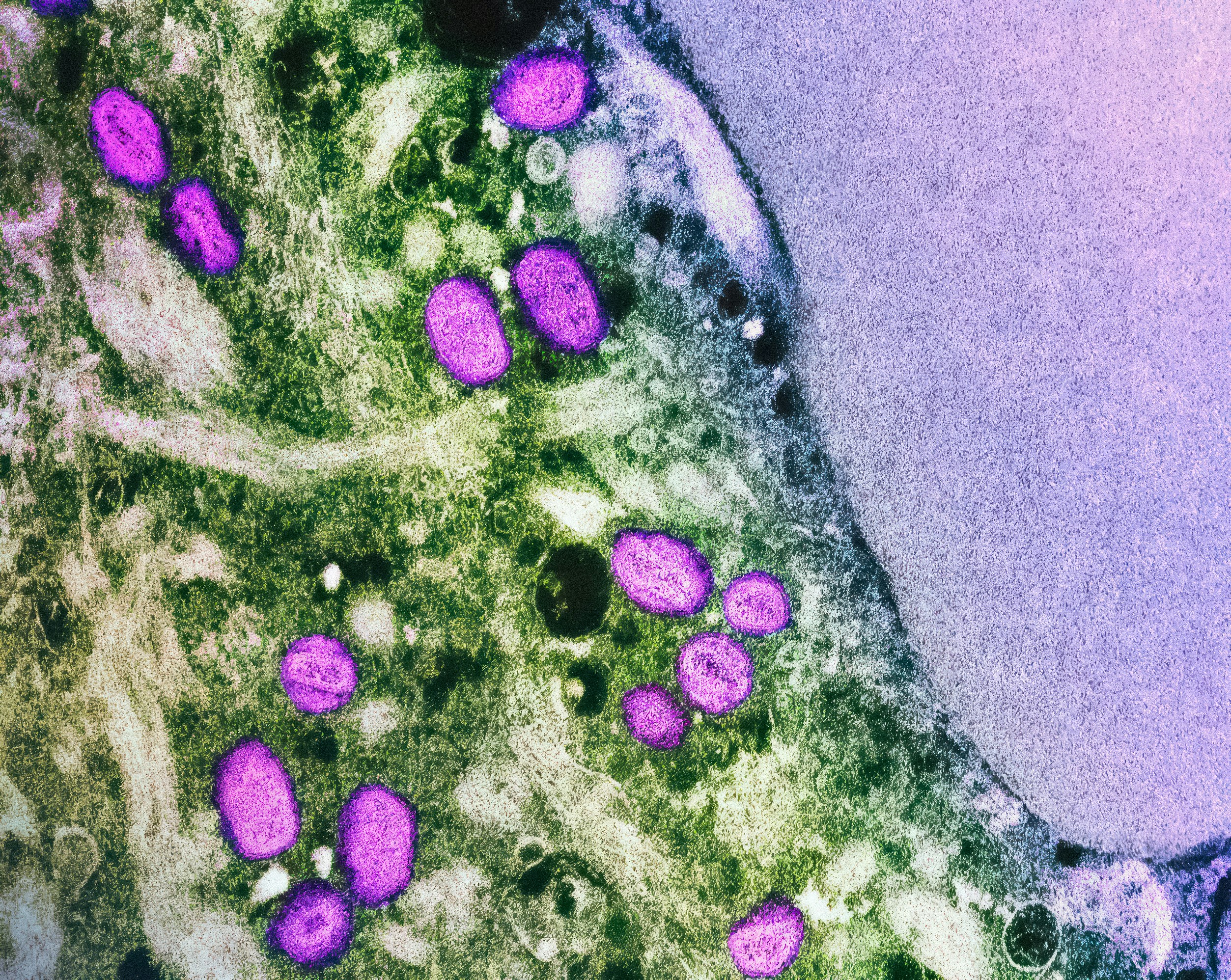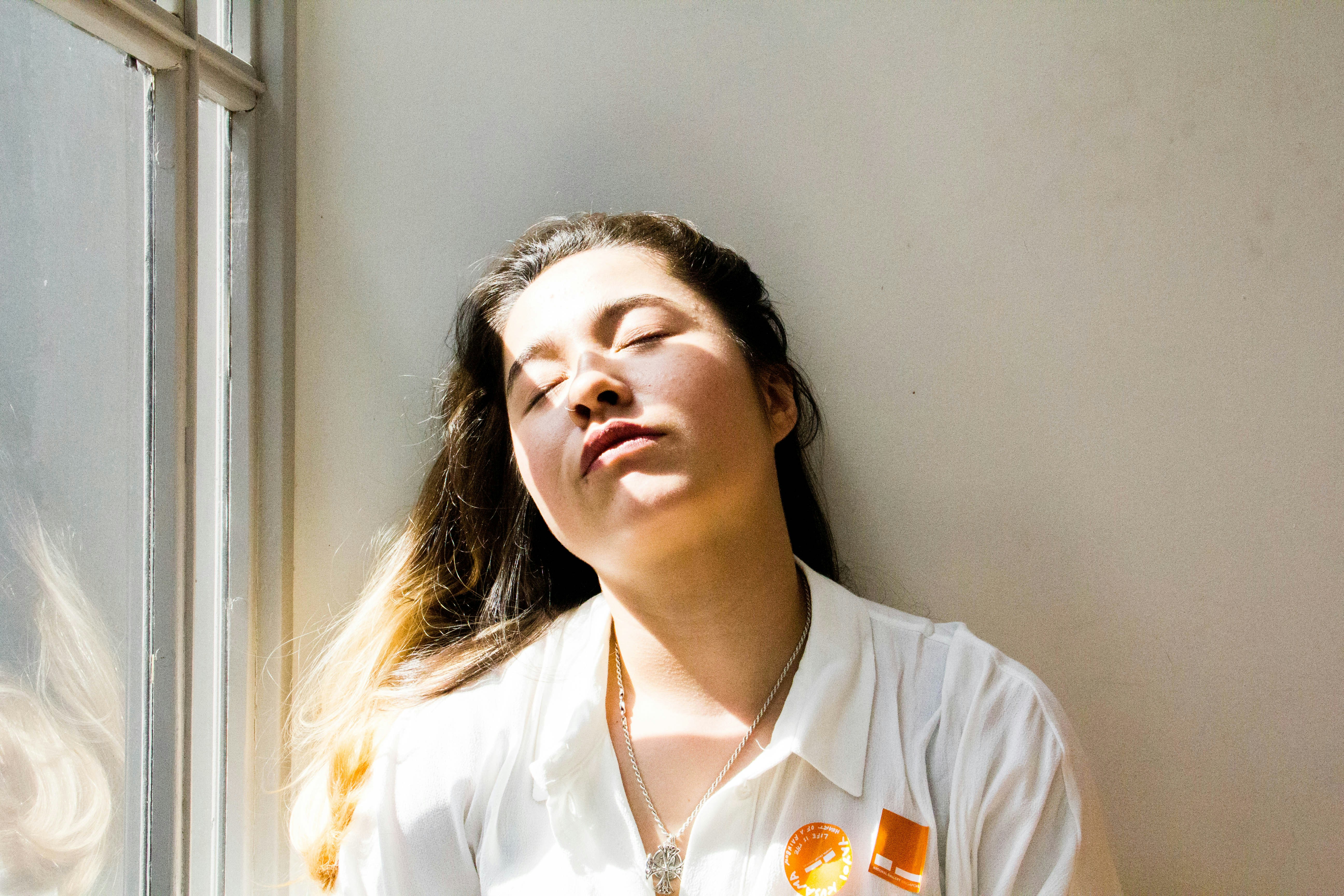What if part of your hearing story starts in your belly? Scientists are uncovering surprising links between the trillions of microbes in your gut and how your ears handle noise, inflammation, and even tinnitus. No, yogurt won’t replace your hearing aids. But your microbiome may nudge your inner ear toward resilience—or risk. Here’s the latest, minus the hype, plus practical habits you can use now.
Why would the gut affect hearing?
Your gut microbiome is a dynamic ecosystem that helps digest food, trains the immune system, and produces signaling molecules that reach far beyond the intestines. Think of it as a remote control for body-wide inflammation and metabolism.
Your inner ear (the cochlea) is tiny but metabolically intense and exquisitely sensitive to inflammation and blood flow changes. If the gut tips the body toward more inflammation—or, alternatively, produces anti-inflammatory metabolites—your cochlea may feel it.
Key connection points scientists are mapping
- Immune crosstalk: Microbes educate immune cells. A calmer, well-regulated immune system can mean less collateral damage to delicate cochlear structures when the body responds to stressors.
- Metabolites (like short-chain fatty acids): Gut bacteria ferment fiber into butyrate, acetate, and propionate—molecules that influence inflammation, blood-brain barrier integrity, and possibly inner-ear homeostasis.
- Vagus nerve signaling: The gut and brain talk through neural and chemical pathways; auditory processing lives in that same brain network, and tinnitus often intensifies with stress—a system the gut also modulates.
- Oral–nasal–ear microbiome: The mouth and nasopharynx share pathways with the Eustachian tube and middle ear. Shifts in oral or nasal microbes can influence ear pressure regulation and susceptibility to infections, especially in children.
What the evidence shows so far (and what it doesn’t)
Animal studies: intriguing clues
In several animal models, disrupting the gut microbiome (for example, with broad-spectrum antibiotics or low-fiber diets) has been linked to worse outcomes after noise or drug exposure. Conversely, restoring communities that produce short-chain fatty acids has been associated with more favorable inflammatory profiles. Translation: in animals, a balanced microbiome seems to help the inner ear cope with stress. That’s a promising signal, not a prescription.
Human studies: early and evolving
- Tinnitus and dysbiosis: Small studies report differences in gut microbial composition among people with chronic tinnitus versus controls. These are associations—not proof of cause.
- Middle ear and oral microbes: There’s more robust work in children showing that certain probiotic strains may modestly reduce some respiratory infections, which can secondarily reduce acute otitis media episodes. Again, strain matters, results vary, and this is more about infection risk than sensorineural hearing.
- Metabolic health bridge: Better metabolic markers (healthy weight, glucose control, lower systemic inflammation) correlate with better hearing trajectories across large populations. The microbiome is one contributor to metabolic health, suggesting an indirect path connecting gut balance and hearing aging.
Bottom line: We’re early. We don’t have definitive trials saying “take this probiotic for tinnitus” or “this diet prevents hearing loss.” We do have biologically plausible mechanisms and encouraging preclinical data that line up with what we already know: inflammation, blood flow, and metabolic fitness matter for your ears.
Mechanisms scientists are testing
1) Inflammation on a hair-trigger
Noise, infections, and some medicines can spark inflammatory cascades that stress hair cells and synapses in the inner ear. A microbiome that promotes balanced immune responses may reduce the amplitude or duration of that inflammatory response.
2) Vascular and metabolic support
The cochlea needs steady oxygen and glucose. Microbiome-derived metabolites influence endothelial function (how blood vessels relax and constrict) and insulin sensitivity. Better vessel health and energy metabolism can support cochlear resilience, especially with aging.
3) The barrier story
There’s a “barrier integrity” theme: the gut barrier, blood-brain barrier, and even inner-ear barriers protect sensitive tissues from inflammatory molecules. Microbial metabolites like butyrate appear to bolster barrier function in other systems—raising the hypothesis that similar effects could help the inner ear.
4) The stress loop
Gut microbes influence stress hormones and neurotransmitters. Many people notice tinnitus flares under stress. While we can’t say microbes cause or cure tinnitus, the gut–brain–stress triangle is an active research zone that may intersect with auditory perception and habituation.
What this does not mean
- No miracle microbes: There’s no proven probiotic, prebiotic, cleanse, or “ear detox” that treats hearing loss or tinnitus. Be wary of confident claims.
- Antibiotics are not the villain: They save lives. The concern is unnecessary or repeated broad-spectrum courses that can disrupt microbial diversity. Use antibiotics when medically indicated and as prescribed.
- Diet won’t replace medical care: Sudden hearing changes, ear fullness, vertigo, or new tinnitus deserve prompt evaluation. An audiologist or ENT can help you triage what’s urgent.
Practical, low-risk habits that support ear-friendly microbes
You don’t need to micromanage microbes. Support the ecosystem, and you support your ears indirectly through better inflammation control, vascular health, and stress regulation.
Build a fiber-forward plate
- Eat 25–38 grams of fiber daily (fruits, vegetables, legumes, nuts, seeds, whole grains). Fiber feeds the bacteria that make short-chain fatty acids—the tiny workhorses behind many anti-inflammatory benefits.
- Color matters: Aim for a rainbow across the week (berries, leafy greens, squash, beets). Different colors often mean different polyphenols, which microbes transform into beneficial compounds.
Choose fermented foods (if you enjoy them)
- Yogurt, kefir, kimchi, sauerkraut, miso, tempeh—these can diversify your microbial exposures. If dairy doesn’t love you back, plant-based ferments count.
- Start small if you’re not used to them, and avoid unpasteurized products if you’re immunocompromised—ask your clinician first.
Be antibiotic-savvy
- Take antibiotics only when prescribed, finish the full course, and avoid leftover or shared medications.
- If you need repeated courses, ask your primary care clinician whether supportive nutrition or timing of probiotics (if appropriate) might help recovery of microbial diversity. Evidence varies by condition and strain.
Move, sleep, and de-stress
- Exercise 150+ minutes weekly if you can. Movement improves vascular health (good for the cochlea) and tends to enrich microbial diversity.
- Prioritize 7–9 hours of sleep. Microbes and circadian rhythms dance together; your cochlea has a clock, too.
- De-stress with breathing, walks, social connection, or meditation. Many people notice tinnitus dial down when stress dials down.
Mind your mouth
- Brush, floss, and keep dental cleanings. Healthy gums correlate with lower systemic inflammation; inflamed gums are linked in studies to higher risk of hearing problems. Not destiny—just another reason to care for your mouth.
Protect the ears directly (your daily dB budget still rules)
- Carry earplugs for concerts, power tools, or sports arenas.
- Keep personal audio under 60–70% of max volume and take listening breaks.
- If your work is noisy, talk with your employer about fit-tested hearing protection.
Who might pay special attention to the gut–ear connection?
- People with recurring tinnitus flares that track with stress, poor sleep, or metabolic swings.
- Anyone with frequent sinus or respiratory infections, or chronic ear pressure issues—your oral/nasal microbiome plays a role.
- Those managing cardiometabolic risks (blood pressure, insulin resistance, high triglycerides). A microbiome-supporting lifestyle is also a heart-and-ear-supporting lifestyle.
If you notice new tinnitus, ear fullness, sudden changes in hearing, or spinning vertigo, don’t wait on diet alone—book with an audiologist or ENT. They can sort urgent from non-urgent and partner with your primary care or nutrition team for the lifestyle side.
How to talk to your audiologist or ENT about this
- Share patterns: “My tinnitus worsens after poor sleep or high-stress weeks.” “I’ve had multiple antibiotic courses this year, and my ears feel more sensitive.” Patterns help guide the plan.
- Ask about the basics: “Could any of my medications affect my hearing?” “Should I see a dietitian for a fiber-forward plan?”
- Discuss whole-health goals: Hearing care is strongest when it connects with primary care, dental, and mental health support.
What to watch in research over the next few years
- Personalized probiotics/prebiotics: Trials that match specific strains to inflammatory profiles related to tinnitus or noise resilience.
- Metabolite-based therapies: Butyrate or other microbe-derived molecules for inner-ear protection in high-risk groups (for example, chemotherapy, loud-occupational exposure).
- Oral/nasal microbiome mapping: Better understanding of how mouth and sinus microbes influence Eustachian tube function and middle-ear comfort in adults.
- Microbiome–stress–tinnitus studies: Integrating heart-rate variability, cortisol, and gut profiles to see who benefits from which behavioral therapies.
The take-home
Your ears aren’t isolated islands. They’re part of a whole-body ecosystem—blood vessels, immune cells, nerves, and yes, microbes. The science connecting the gut and hearing is young but plausible, and it overlaps beautifully with habits we already know protect hearing: balanced diet, movement, sleep, stress care, and smart noise exposure. No miracle supplements required.
Curious where your hearing stands right now? A baseline hearing test with an audiologist plus a conversation about your lifestyle is a powerful, practical place to start.
Further Reading
- When Sleep Talks to Your Ears: Apnea, Insomnia, and the Circadian Cochlea (Research) - Your Heart, Your Hearing: The Cardiometabolic Link You Can’t Afford to Ignore (Research) - Sleep On It: How Nightly Rest Tunes Your Hearing and Calms Tinnitus (Research) - Hearing Supplements: Hype vs. Help (What Science Says) (Lifestyle)Frequently Asked Questions
Should I take probiotics for tinnitus or hearing loss?
There’s no proven probiotic that treats tinnitus or restores hearing. Some strains can support general immune and gut health, and small studies have explored links to ear comfort, but results are mixed and condition-specific. If you’re interested, discuss options with your clinician—especially if you’re immunocompromised, pregnant, or on multiple medications.
Can antibiotics harm my hearing by disturbing the microbiome?
Antibiotics can disrupt gut microbial diversity, which may influence inflammation. That doesn’t mean they directly cause hearing loss. Many antibiotics are safe for hearing when used appropriately; a few medicines are known to be ototoxic and require careful monitoring. Always use antibiotics as prescribed and ask your clinician if any of your medications carry hearing-related risks.
What foods best support a hearing-friendly microbiome?
Fiber-rich plant foods (vegetables, fruits, legumes, whole grains, nuts, seeds) and fermented foods you tolerate well. Combine that with regular movement, solid sleep, and stress care. This supports vascular and immune health—the same systems that help protect your ears.
Who should I see about tinnitus or new hearing changes?
Start with an audiologist for a hearing evaluation. If there’s ear pain, drainage, sudden hearing change, or vertigo, seek prompt care—an ENT may be involved. For the lifestyle side (diet, sleep, stress), your primary care clinician and a registered dietitian can be helpful teammates.



